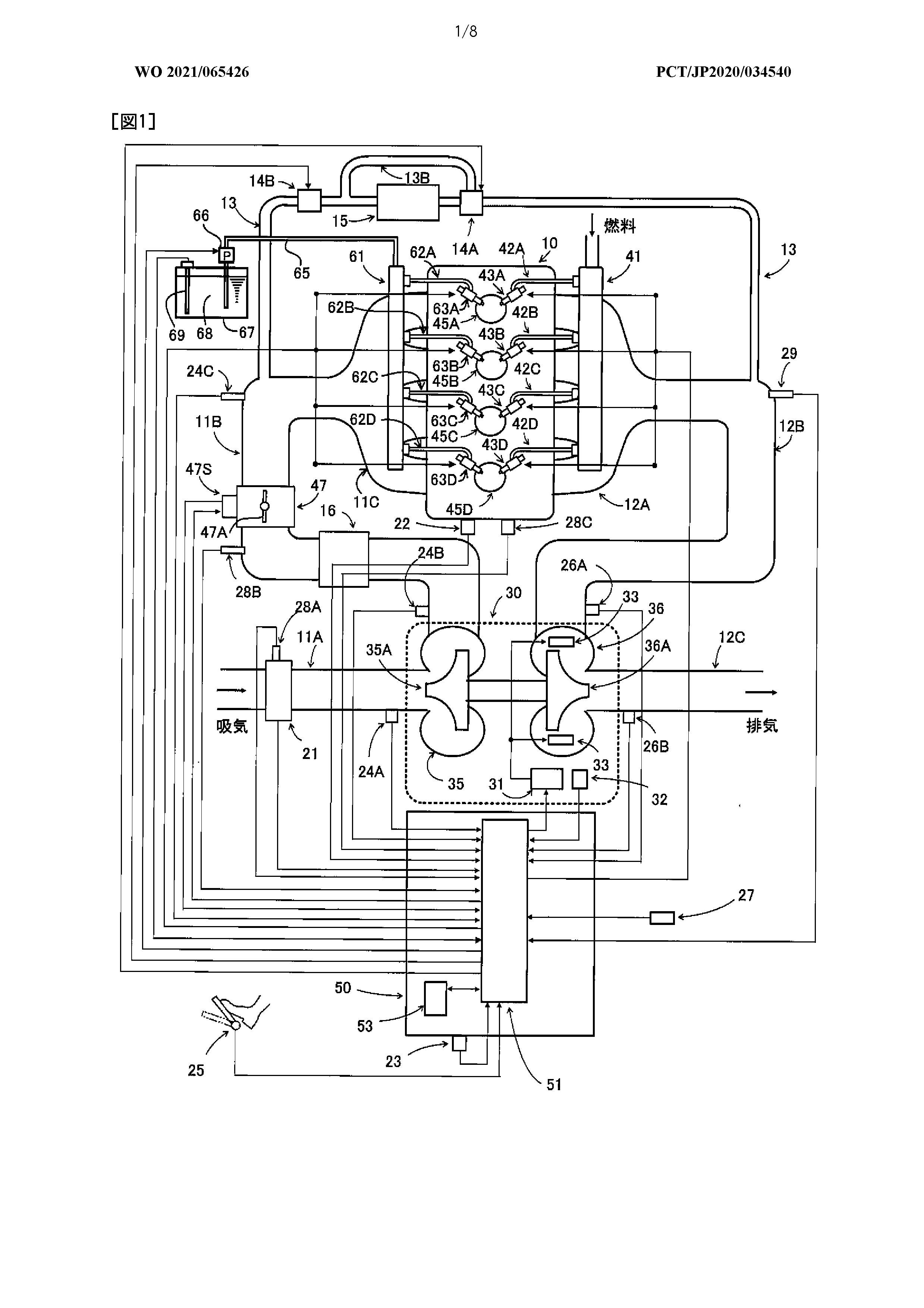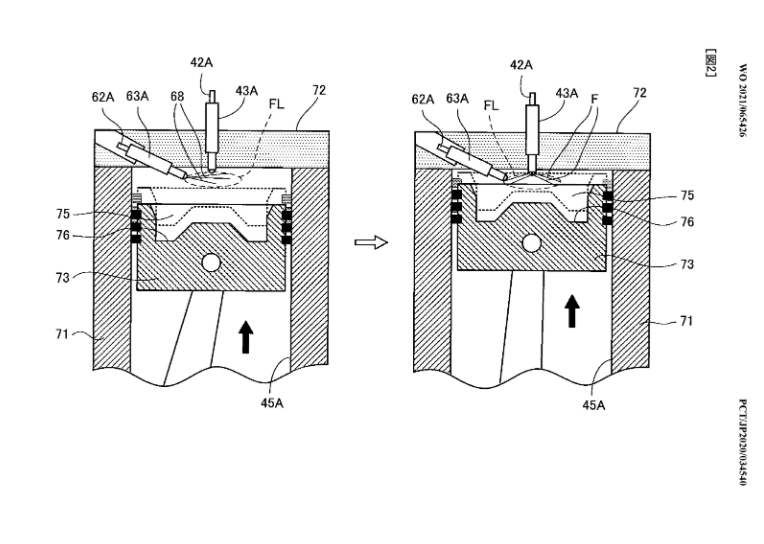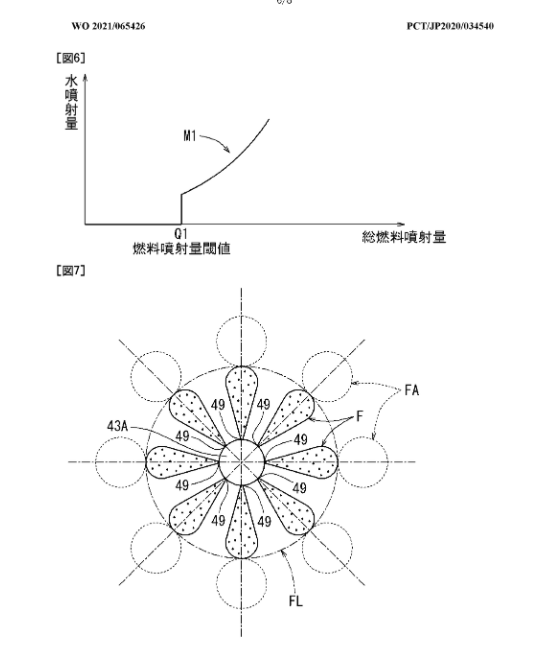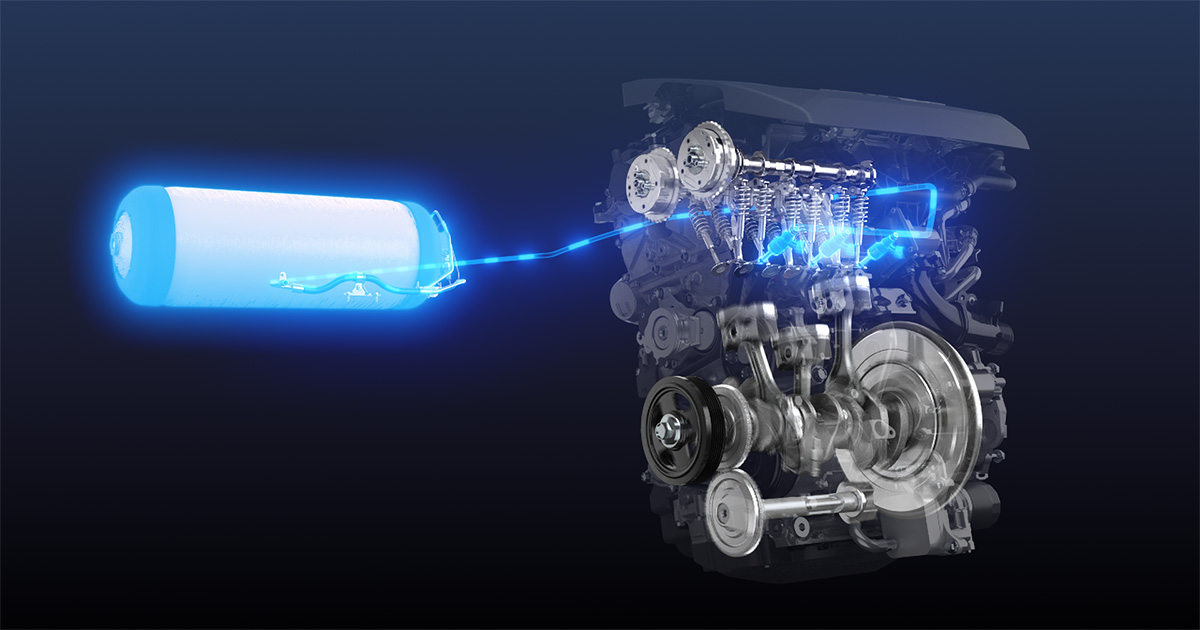Toyota Motor Corporation (Toyota) announced today that, toward the achievement of a carbon-neutral mobility society, it is developing a hydrogen engine. It has installed the engine on a racing vehicle based on Toyota's Corolla Sport, which it will enter in competition under the ORC ROOKIE Racing...

global.toyota
A G16E-GTS modified to run on hydrogen.
I believe that if there is a willingness to conduct specific research and the resources available to make it happen, it should go ahead. And developing a hydrogen engine technology for motorsports is research; motorsports is research.
Yes, hydrogen combustion engines have been run really, really lean (using 2x as much air as theoretically required for complete combustion, thus producing only half the power of a comparably-sized gasoline engine) but this was done to run the engine cool enough that NOx (nitrogen oxides) formation is reduced to near zero. It is when a combustion engine runs at near ideal stoichiometric ratio (14:1 air to gasoline or 34:1 air to hydrogen) that an ICE runs the hottest and NOx is formed from burning nitrogen in the air. Running richer (less air to fuel ratio) or leaner (more air to fuel) than the stoichiometric ideal lowers the temperature of combustion.
A hydrogen combustion engine will run more efficiently (and closer to the comparable gasoline engine) if it is allowed to run closer to stoichiometric. Greater emissions of NOx (like in gasoline engines) will result, though.
But while the science of burning hydrogen in a piston engine may be known, the full engineering of it may not be; that is where research comes in. And, of course, research may bring other benefits, namely into the onboard storage of hydrogen.
If a hydrogen internal combustion engine is deemed commercially viable, it would merely be an interim stopgap, giving engineers more time to refine and perfect the hydrogen fuel cell (and onboard hydrogen storage). Internal combustion engine technologies are well-known and well-understood and producing an ICE to burn hydrogen would be easier and cheaper than truly mass-producing fuel cells.
Hydrogen combustion engines could prove to be a good interim step.







global.toyota
